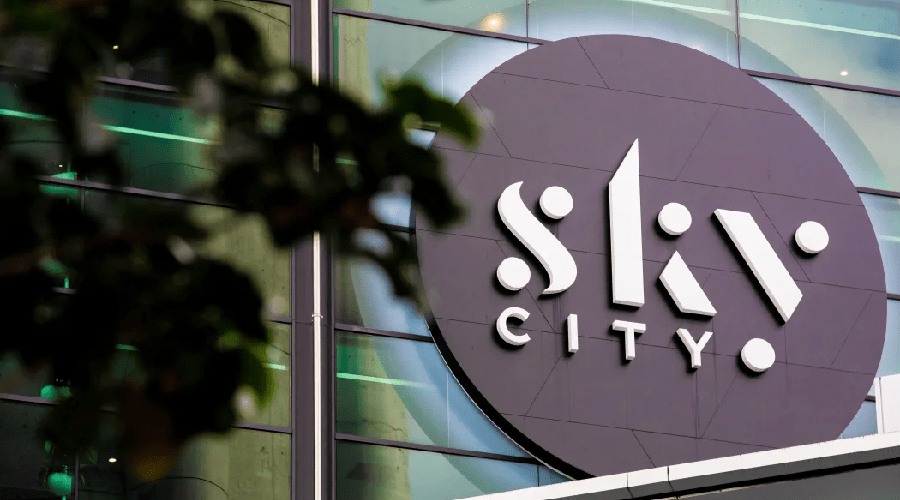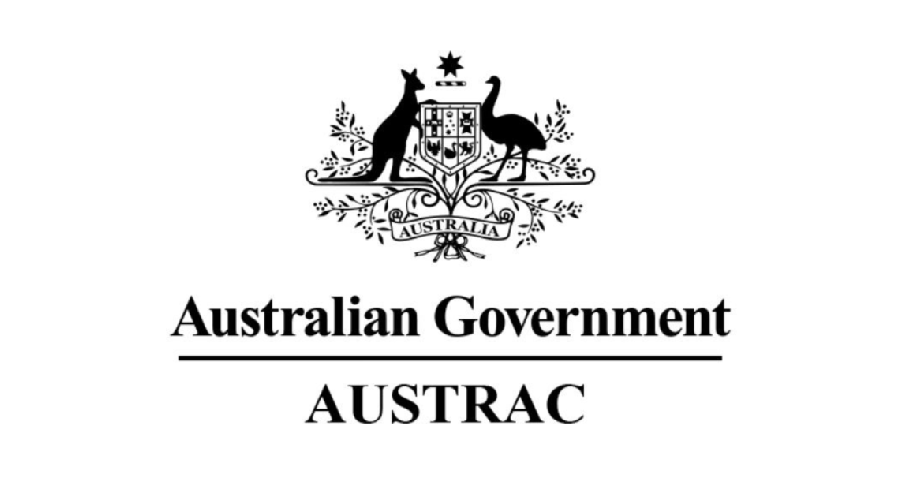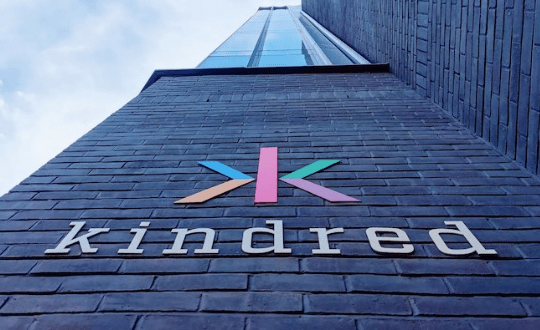Udo Seckelmann, a local legal expert, thinks that gaming tax revenue will go up if regulatory issues are fixed, unless the tax rate is raised permanently.
Brazil's betting tax
The Federal Revenue Service (RFB) said that in the first six months of regulated betting in Brazil, the market brought in BRL3.8 billion ($687.5 million) in taxes.
On July 24, the RFB presented its monthly report on the total amount of taxes collected by President Luiz Inácio Lula da Silva's Brazilian government.
The UK, on the other hand, has a far more developed market and brought in £1.62 billion ($2.2 billion) in gambling taxes between April 1 and September 30, 2022.
In June, the Brazilian gaming industry brought in BRL764 million, which is 6.1% less than the BRL814 million it made in May.
Udo Seckelmann, who runs the gaming and crypto department at the Brazilian law firm Bichara e Motta Advogados, thinks the numbers show that the market has a lot of potential to make a lot of money for the government.
"I am not surprised by the tax collection numbers," Seckelmann tells iGB.
"Even though the market is still in its early stages of consolidation, the data already shows that regulation is a better way to go than prohibition or informality, both from an economic and a public policy point of view."
Before online gambling was regulated, one of the main points made by supporters was how much tax the Brazilian government might get from the industry.
Seckelmann thinks that when the market increases, tax revenues will go up. He says that the first six months of the market are more about building a strong legal and technical base than about fully optimising tax collection.
Seckelmann goes on to say, "Since the regulatory framework is still being put in place and many operators are either adapting or applying for licenses, I think the government knows that tax revenues will slowly rise over time."
Too severe rules could hurt Brazil's ability to collect taxes.
Even though the early numbers look good, the Brazilian gambling industry may face problems in the future. For example, the Senate approved additional commercial limits in late May. A temporary measure to raise the tax rate on operators' GGR to 18% was also put in place.
These changes have made stakeholders worried, especially smaller businesses, about the long-term viability of regulated industries.
Seckelmann says that any rules need to be properly calibrated, otherwise they could hurt the market's capacity to attain its full potential.
Seckelmann says, "If these measures are set up correctly, they can make the regulated sector more credible and stable."
"However, too many burdens or unfair restrictions could drive consumers and businesses back to unregulated options, which would lower tax revenues in the end."
"The goal should always be high channelisation—keeping players in the regulated environment—and that requires a legal market that is both competitive and appealing."
Seckelmann argues that while he thinks fluctuations are normal in the first few months of a regulated market, a new, higher tax rate could lead to a loss in tax collection as operators change their plans.
When will it be allowed to gamble on land?
The RFB's numbers only include internet gambling because the Senate put off voting on PL 2,234/2022 again this month, therefore land-based betting is still not allowed.
The vote was supposed to happen before the July break, but Senate President Davi Alcolumbre took it off the agenda since not enough people showed up for the plenary.
The government's break will finish on Thursday, so we'll have to wait and see if the push for a vote starts up again.
But if legalisation does come, Brazil's government would probably make a lot more money from taxes than it does now, in addition to the money it makes from internet sales.
A DataSenado poll from April found that 60% of Brazilian adults supported making land-based betting legal, and 58% agreed that it would help the government collect more taxes.
It has been said before that allowing gambling on land might bring in about BRL20 billion a year, which would be a huge boost for Brazil's struggling tourism industry.






